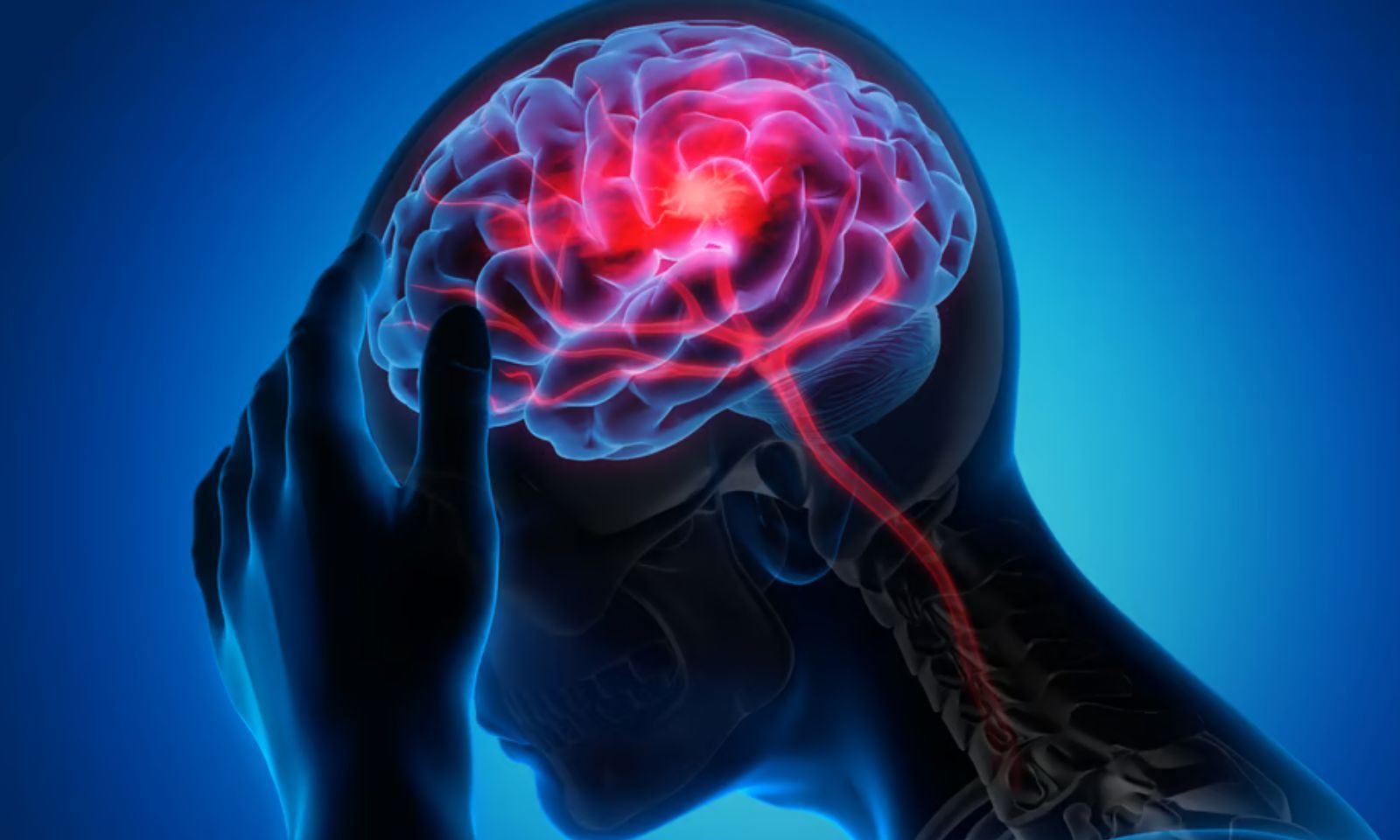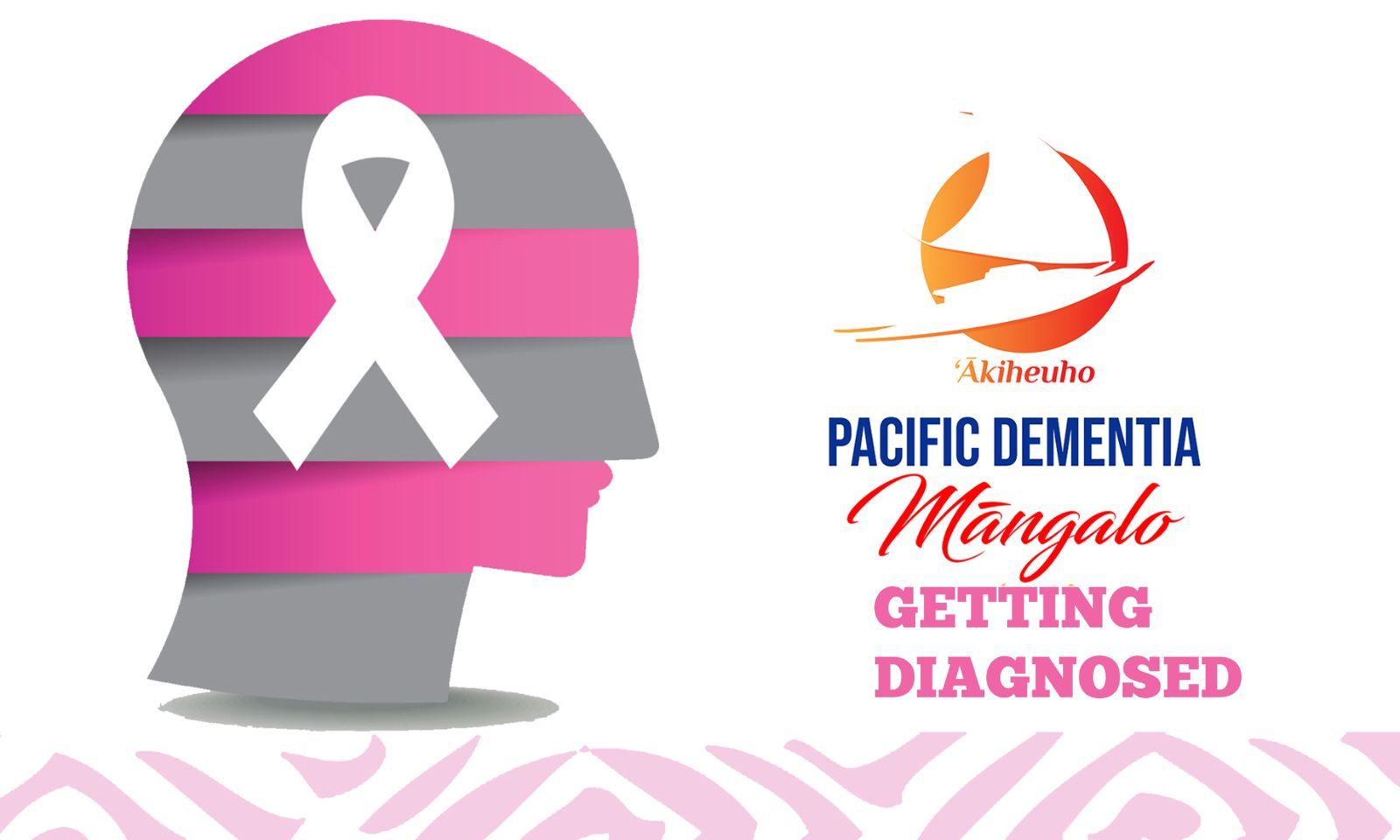

Around half of the Pacific diaspora faces a higher risk of dementia compared to the total population of Aotearoa.
Photo/File.
Risk of dementia in Pacific community high, health expert says
Dr Etuini Ma’u offers valuable insights into a recent study on the loss of empathy in dementia cases and suggests how families can provide support.




Heading off on a roadie? Here’s how to keep your car and whānau safe




Heading off on a roadie? Here’s how to keep your car and whānau safe
A recent study has shown that dementia significantly reduces empathy, presenting challenges for families and caregivers.
Alarmingly, the risk is even greater among Pacific communities.
In an interview with Pacific Mornings’ host William Terite, Dr Etuini Ma’u of the University of Auckland said, "The risk of dementia in our Pacific community is higher.”
Firstly, what is dementia?
Ma’u, the lead author of dementia research at the university, explained the two key aspects of dementia.
“One, it’s cognitive impairment. There’s changes in the way that your brain is able to process information. And two, those difficulties and those changes affect your day-to-day functioning.”
Empathy loss in dementia
The study included 56 participants: 28 individuals with dementia and 28 without.
Watch Dr Etuini Ma’u's full interview below.
The findings revealed that those with dementia had reduced activity in brain areas associated with empathy.
“Our brain carries out multiple tasks. It’s not just memory. It’s our ability to pay attention and concentrate. It’s our ability to plan. It’s our ability to regulate our emotions.
“Part of that regulation of emotions is the ability to read other people’s emotions and understand what they are going through and therefore empathise,” Ma’u said.
The frontal lobe, responsible for higher functions like emotional regulation and social understanding, is heavily affected by dementia, which can strain family relationships, according to Ma’u.
“What the study is showing is that people with a frontal dementia, as the changes happen in that front part of your brain, you lose your ability to plan your higher functions, but you also lose that ability to read social cues to interact with other people and understand how another person is feeling.
“It’s not surprising that that kind of difficulty can create tension within families if the person with dementia isn’t picking up on what’s going on and therefore making the carer frustrated.”

Ma’u stressed the importance of education and adapting interactions for families caring for loved ones with dementia. Photo/File.
Impact on Pacific communities
Ma’u says that 50 per cent of the Pacific diaspora faces a higher risk of dementia compared to the total population of Aotearoa.
“That’s because we carry that much more of a risk factor burden.
“That risk factor has nothing to do with being Pacific. It’s about the fact that we tend to live in areas that are more disadvantaged. The entire system is failing us.”
Over half of dementia cases within the Pacific community remain undiagnosed or are diagnosed too late.
“We know that even if you get a diagnosis, those people that eventually get a diagnosis aren’t even using the services that are on offer.
“By the time we take 100 people, Pacific people with dementia, out the other end, we’re probably only helping about 10 or 15 of them,” Ma’u said.

Advice for families
Ma’u stressed the importance of education and adapting interactions for families caring for loved ones with dementia.
“A lot of it is understanding that as a person’s brain changes with dementia, they are not in control of those changes.
“So a lot of the ways that the person of dementia is interacting is the only way they know how.
“We can’t change the fact that their brain has changed. So effectively, what we have to think about is changing the way that we interact with them.”